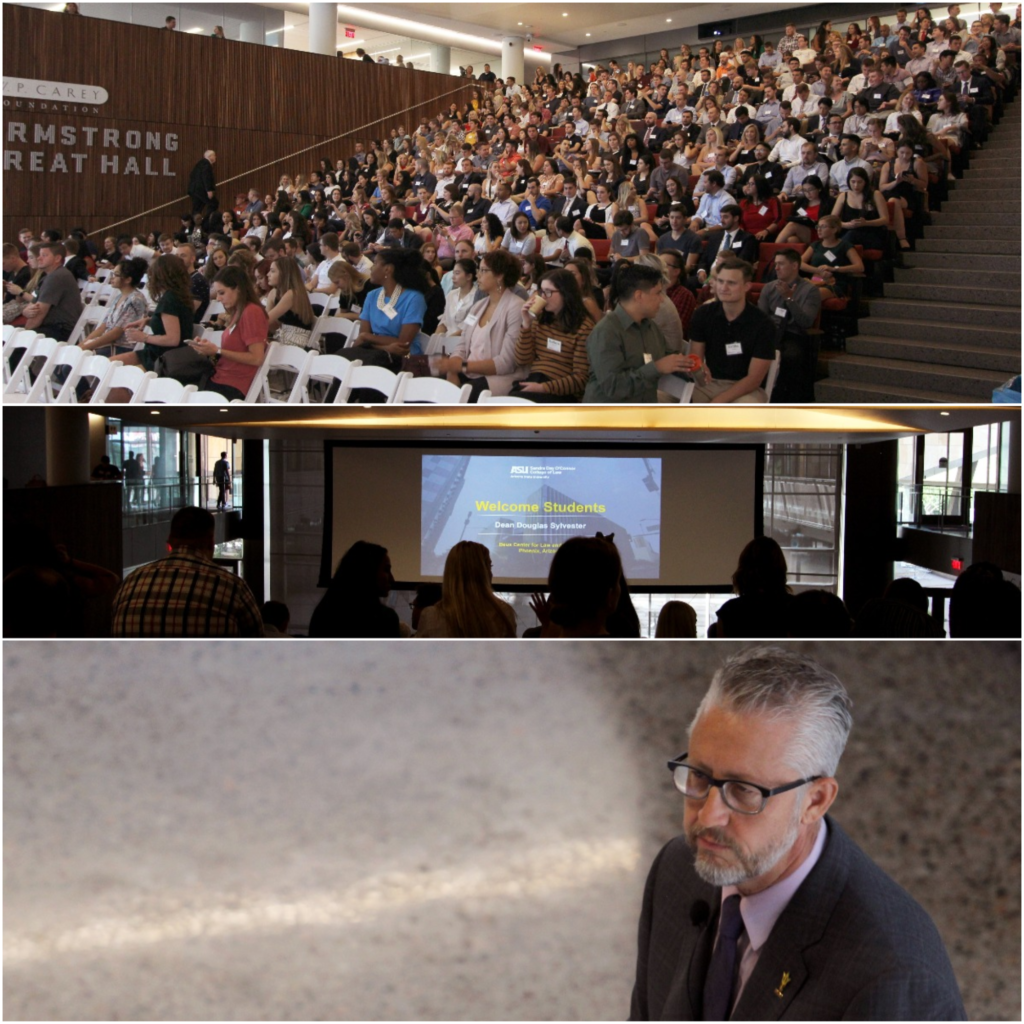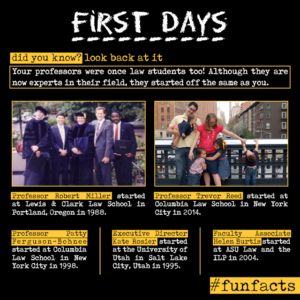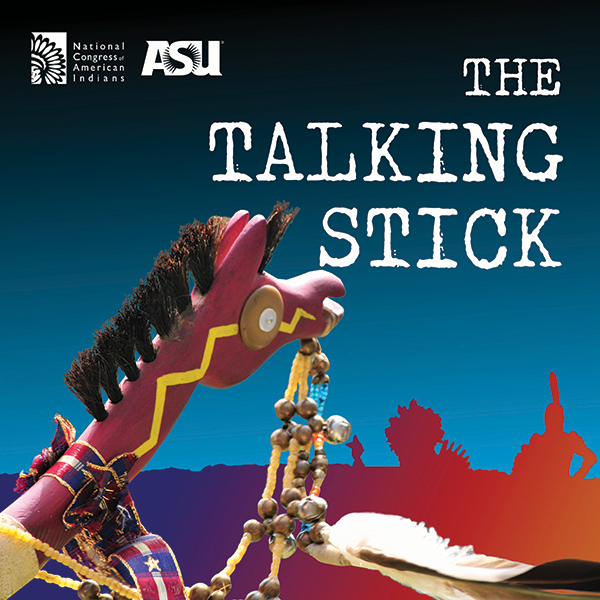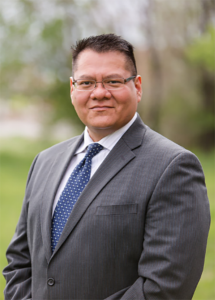American Civil Liberties Union (ACLU) Foundation
Phoenix, AZ
Closing Date: Open until filled
Position Overview: Reporting to the Executive Director, the Legal Director will lead and expand the ACLU of Arizona’s legal program, including developing and litigating high-impact cases and managing the legal department. The Legal Director will be responsible for setting the overall legal strategy to advance the ACLU of Arizona’s mission, as well as handling the day-to-day management of legal staff, volunteers, and cooperating attorneys. As a critical member of the organization’s senior management team, the Legal Director will provide strategic leadership on both litigation and non-litigation legal advocacy in priority areas of criminal justice, immigrants’ rights, education, and LGBTQ equality, as well as other areas including First Amendment rights. In addition, the Legal Director works in close coordination with our policy, organizing, and communications teams, with the national ACLU staff, and other local and national partners to advance our advocacy goals.
Preferred Qualifications:
- Demonstrated commitment to civil rights and civil liberties consistent with the mission and goals of the ACLU;
- 8-10 years of trial and appellate litigation experience in state and federal courts, including class actions, with a strong background in constitutional law and civil rights;
- Admitted to the Arizona Bar or eligible for admission under Arizona Supreme Court Rule 34(f) (admission on motion);
- Management experience in recruiting, training, managing, and motivating a diverse, high-performing litigation team;
- Demonstrated record of moving legal cases forward from investigation and development and through all levels of the courts, with experience working with clients from diverse constituencies;
- Excellent communication, media, presentation, written, and analytical skills;
- Experience working closely with a volunteer board of directors and non-profit organizations, including allies from across the political spectrum;
- Experience representing and working with activists and grassroots and other non-governmental organizations;
- Excellent organizational skills and a creative and strategic approach to problem-solving and litigation;
- Goal-oriented, project-oriented, and achievement-oriented, with an ability to recognize and maximize opportunities on behalf of the organization;
- A team-building and collegial management style, including effective communications skills, a warm personal style that commands respect, and a good sense of humor;
- Courage and integrity.
Application Procedure:
Please submit a cover letter to info@acluaz.org that illustrates your commitment to civil liberties and civil rights, a current resume, a legal writing sample, and contact information for three professional references. Include “Legal Director Search” in the subject line and specify how you heard about the posting. No phone calls or walk-ins, please.
Hard copy materials may also be sent to the attention of “Legal Director Search,” ACLU of Arizona, P.O. Box 17148, Phoenix, AZ 85011.
For full job description, click here.




